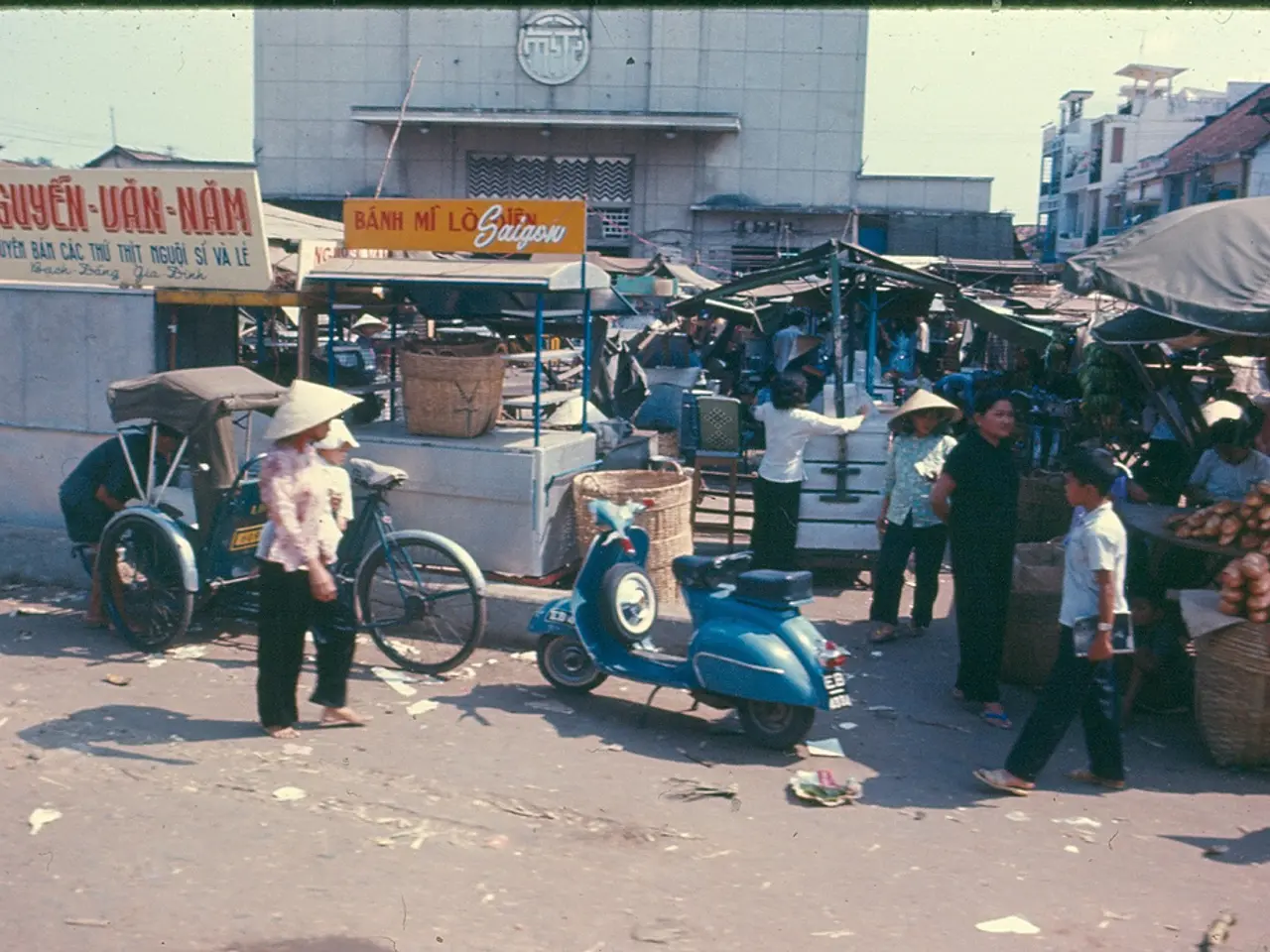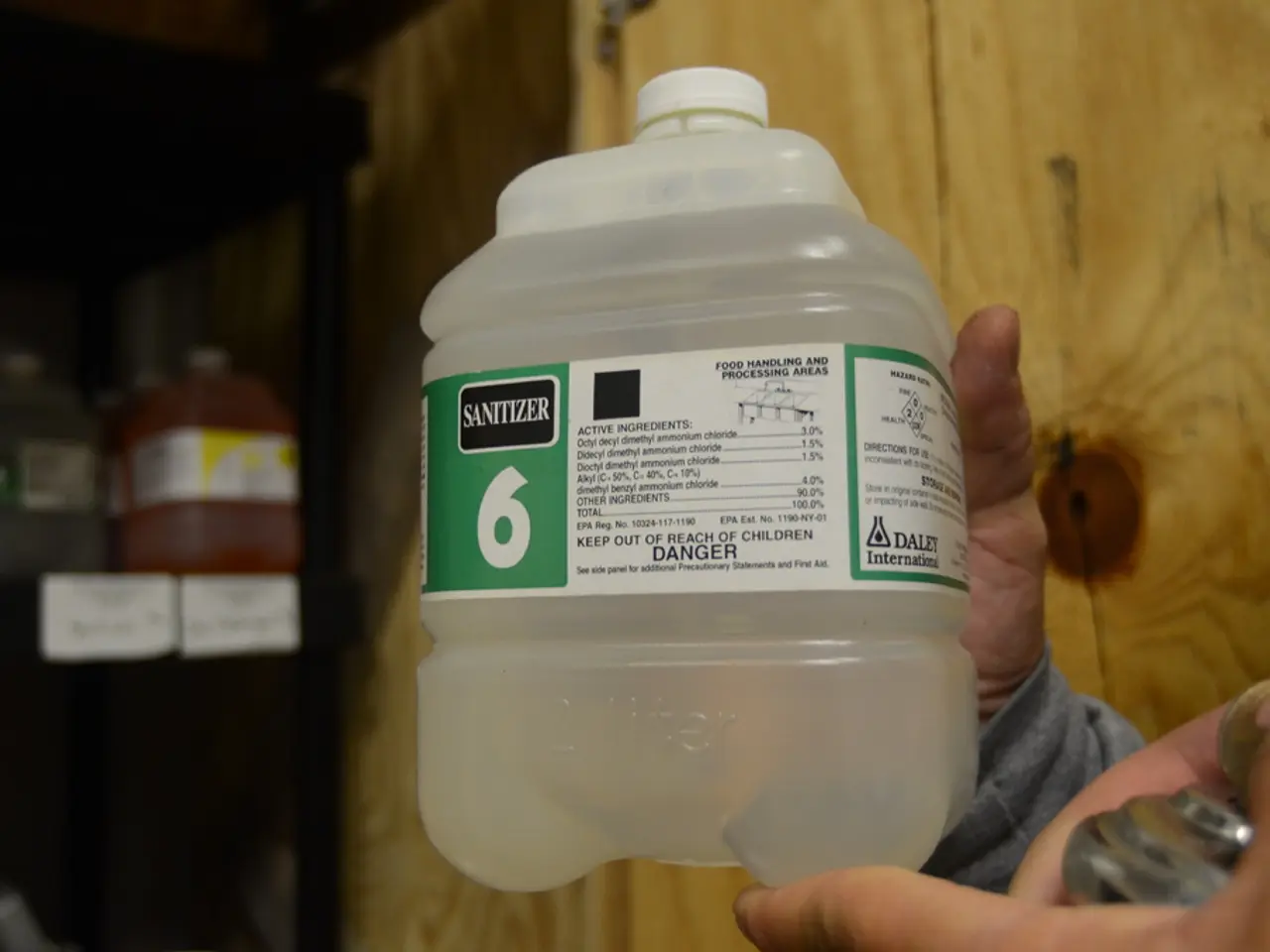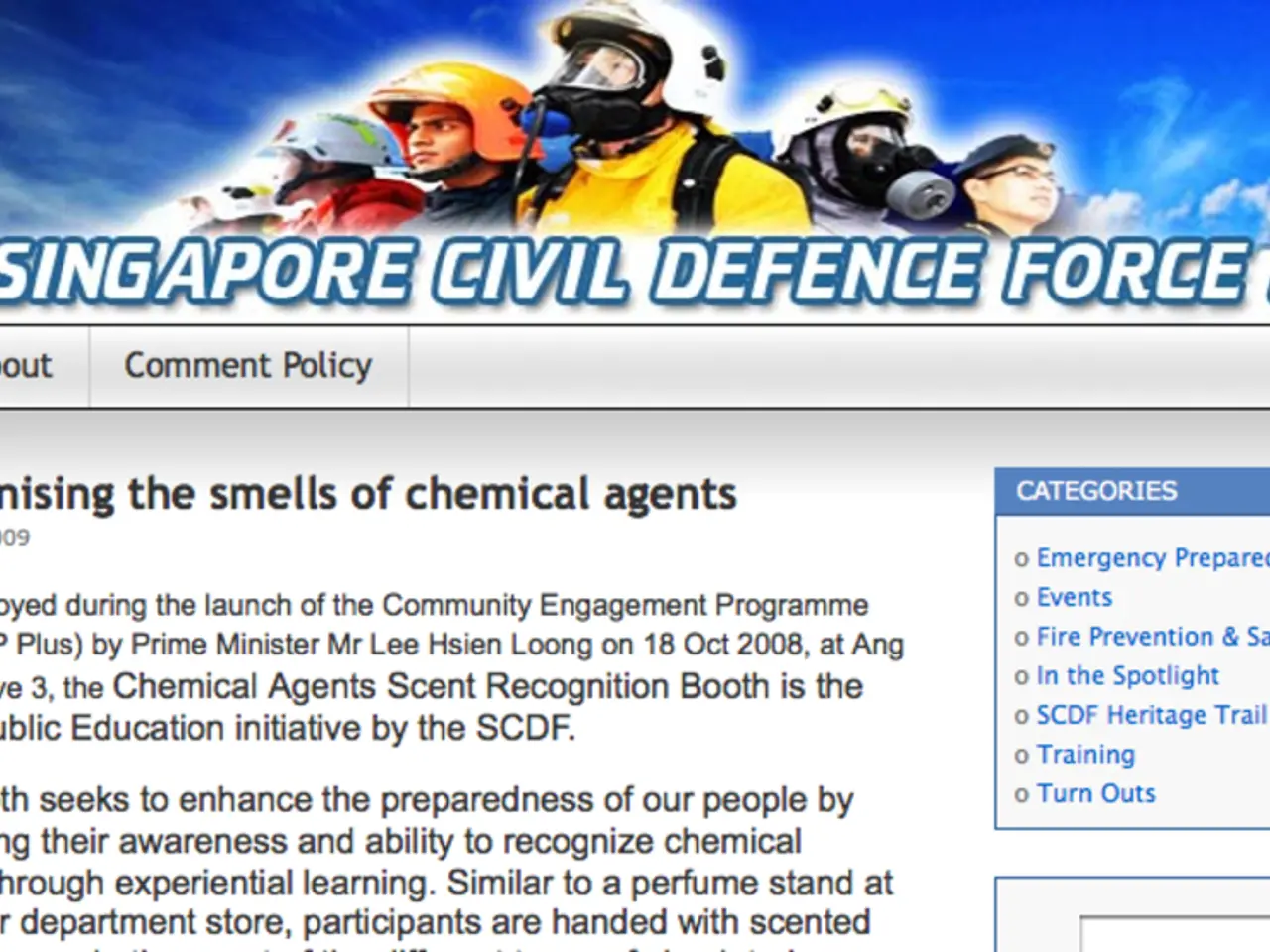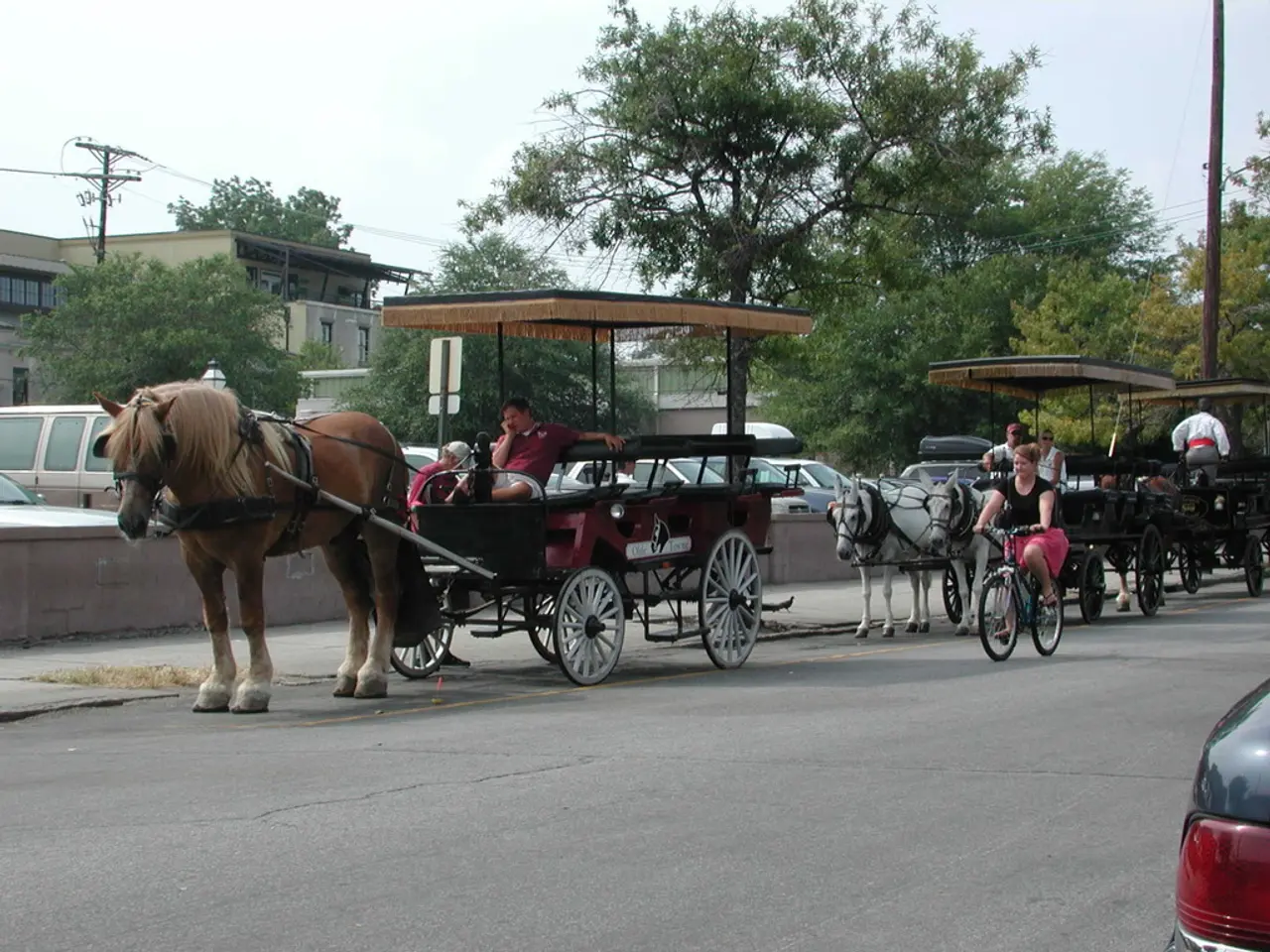Initiate Philanthropy through Freeganism: Participate and Contribute
In the pursuit of a more sustainable and ethical world, a growing number of individuals are adopting the Freegan lifestyle. This movement, a combination of "free" and "vegan," encourages minimizing participation in conventional economic systems, particularly those driven by consumerism and waste.
At its core, Freeganism is a lifestyle that aims to reduce consumption of resources and participation in capitalism. Unlike traditional consumerism, which is centered around the idea of buying and consuming goods and services to boost economic growth, Freegans focus on reducing waste and living sustainably by finding free food, recycling, and helping each other.
Freegans actively participate in a sharing economy, where goods and services are exchanged without monetary transactions. This approach to resource utilization is evident in practices like dumpster diving to find salvageable food and items, growing their own food in community gardens, and sharing resources.
The environmental impact of Freeganism is significant. By minimizing waste, using shared resources, and growing their own food, Freegans reduce their environmental footprint, decreasing the demand for resource-intensive products. On the other hand, traditional consumerism tends to increase the environmental footprint by promoting the production and consumption of new goods, leading to higher resource use and waste generation.
Freegans also contribute to stronger and more resilient communities. By forming communities that support each other in living sustainably, Freegans challenge consumerist culture by promoting reuse and recycling. This social impact is in contrast to that of traditional consumerism, which can lead to increased inequality due to differential access to goods and services and reinforces consumerist values and culture.
Embracing Freeganism offers benefits such as reduced environmental impact, financial savings, a stronger sense of community, ethical consumption choices, and a more fulfilling life. To embrace this lifestyle, individuals can educate themselves about the principles and practices, connect with like-minded individuals, start small by reducing waste and consumption, share resources, and advocate for change.
Supporting Freeganism can be done in various ways. Individuals can donate to Freegan causes and volunteer for Freegan organizations. Sharing articles, videos, and personal experiences about Freeganism on social media can also help raise awareness.
It's important to note that while Freeganism is a legal lifestyle, specific activities like dumpster diving may be regulated in some areas. However, one of the central tenets of Freeganism is dumpster diving, where individuals salvage discarded but still edible food from supermarket dumpsters.
Freegans do not necessarily have to be homeless. In fact, many Freegans are ordinary people who choose to live this way to reduce their ecological footprint and promote sustainability. By salvaging discarded goods and reducing waste, Freegans help lessen the burden on landfills and minimize their ecological footprint.
In conclusion, Freeganism offers a path toward a better world, challenging consumer-driven culture, reducing economic disparities, and fostering meaningful connections within communities. By adopting Freegan principles, individuals can make a significant impact on their well-being and contribute to the creation of stronger, more sustainable communities.
- Adopting the Freegan lifestyle, a minimalist living approach, not only helps reduce one's environmental footprint but also promotes a freedom lifestyle, free from conventional economic systems.
- In addition to the environmental benefits, this lifestyle also offers educational-and-self-development opportunities, helping individuals learn life hacks for sustainable living andResizeRange(4, 5) p>
- More than just a lifestyle choice, Freeganism can be seen as an environmental-science experiment, demonstrating the potential impact of reducing resource consumption and waste on our planet.
- Moreover, instead of relying on finance for resources, Freegans prioritize education-and-self-development and community building, which can lead to financial savings and a more fulfilling life.




